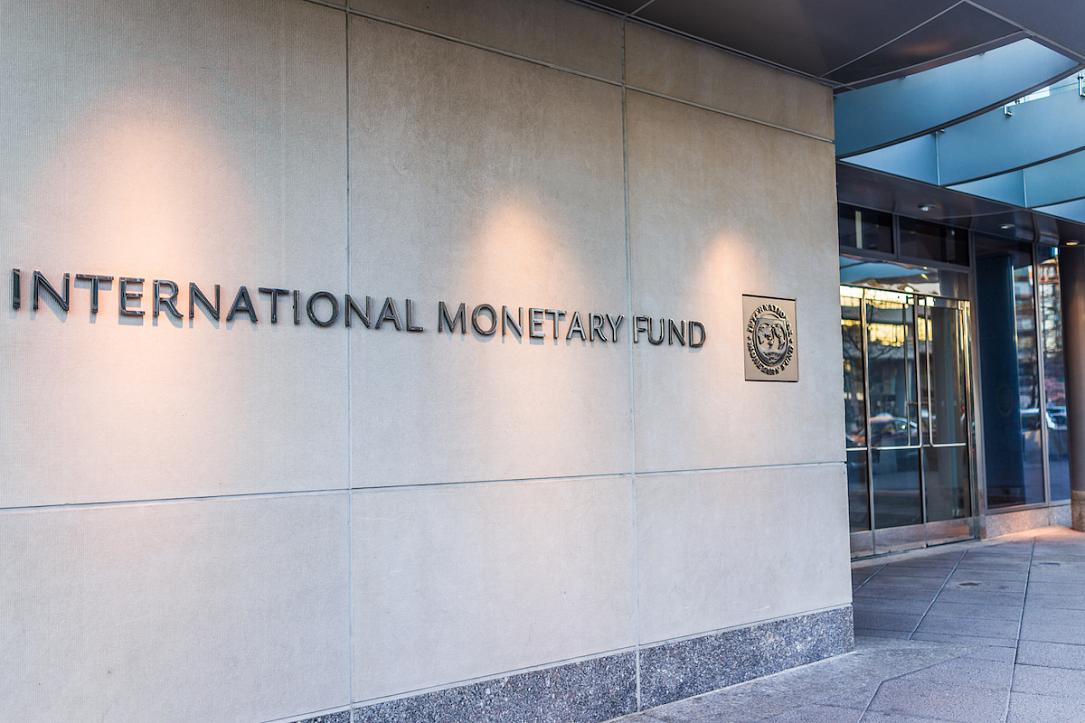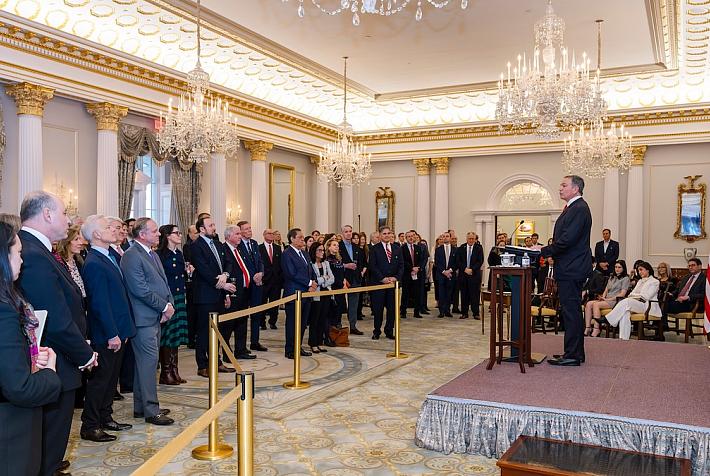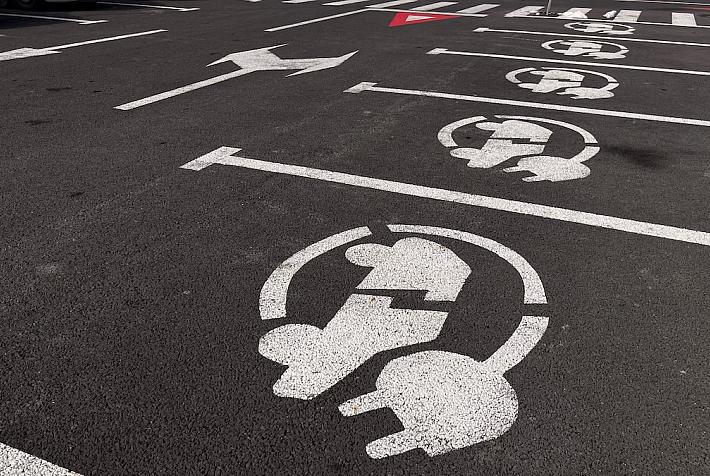IMF hints RO should end tax exemptions and consider progressive taxation

The International Monetary Fund (IMF) issued a set of recommendations aimed to primarily boost the budget revenues but also to increase the exchange rate flexibility, phase out the state guarantees for corporate lending and diminish the energy subsidies before March 2023 to avoid a sudden price shock and promote energy efficiency.
It issued the recommendations on June 10, at the end of the Article IV Consultations with Romania.
On a positive note, the IMF has improved its economic growth forecast for Romania to 3.5% for this year and 4.5% for 2023. In the previous report, in April, the Fund had sharply lowered the expectation of economic growth for Romania this year, from +4.8% to only +2.2%.
The average inflation will be 12.5% this year and 10% in 2023, according to the Fund’s revised macroeconomic scenario.
The mission expects that, based on current policies, Romania’s budget deficit will reach 6.75% of GDP this year, some 1pp above the 5.8% target. To reduce the deficit to a sustainable level below 3% of GDP and stabilize debt, on the revenue side, tax policy measures amounting to at least 2% of GDP should be implemented, the Fund recommends, outlining a list of measures that the Government may use to achieve the goal.
Eliminating the loopholes in the personal income tax system is the first recommendation. This is likely to face resistance from multiple directions, including from the business associations - particularly when it comes to hiking the 5% dividend tax rate, eliminating or restricting the preferential 1%-3% tax on revenues for microenterprises, and to eliminating the income tax waiver for those working in the IT and constructions sector. But these measures could yield more than 1.25% of GDP, the Fund estimates.
“Introducing progressivity for those with the highest incomes could generate additional revenue and mitigate Romania’s high-income inequality,” the Fund also recommends, touching on a very sensitive topic.
While the Social Democrats (PSD) have argued for progressive taxation, the Liberals (PNL) stick with the “flat tax rate,” while none of them questioned the legitimacy of the loopholes mentioned by the Fund.
Raising the VAT efficiency to the EU average through base broadening (eliminating preferential VAT rates) and streamlining, as well as additional administrative strengthening (beyond already-programmed improvements), could yield another 1.5% of GDP.
The Fund also recommends streamlining the property taxation (+0.25% of GDP impact) and, when possible, implementing mechanisms to tax carbon emissions.
Another important recommendation regards the exchange rate, which the Fund believes could be more flexible to address the external competitiveness that weakened.
“A broadly stable exchange rate against the euro has avoided fueling inflation and underpinned confidence in the domestic currency. However, as external competitiveness has weakened and to help absorb external shocks, exchange rate flexibility should be increased over time, together with the necessary fiscal consolidation,” the Fund’s statement explains.
(Photo: Shutterstock)
iulian@romania-insider.com













